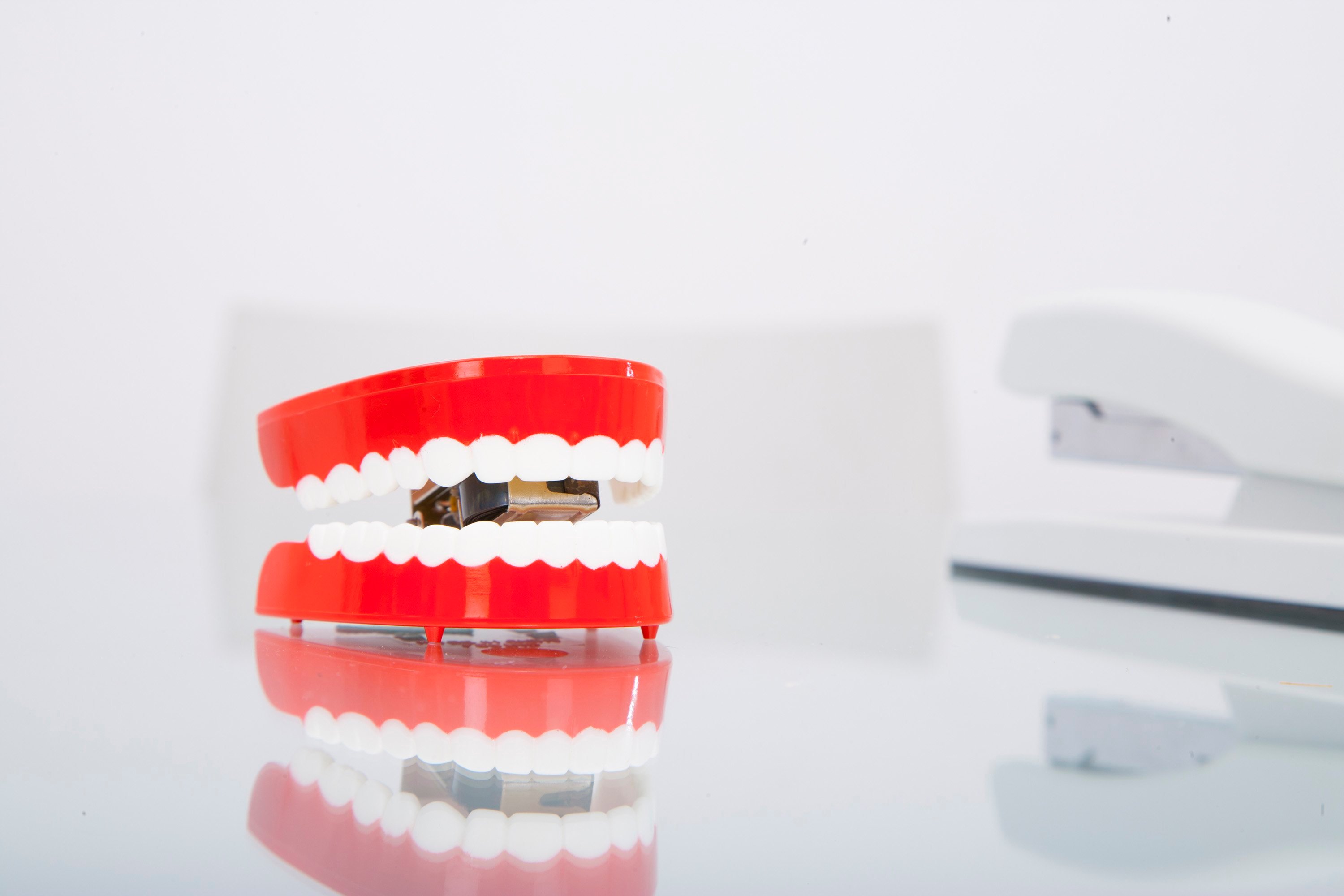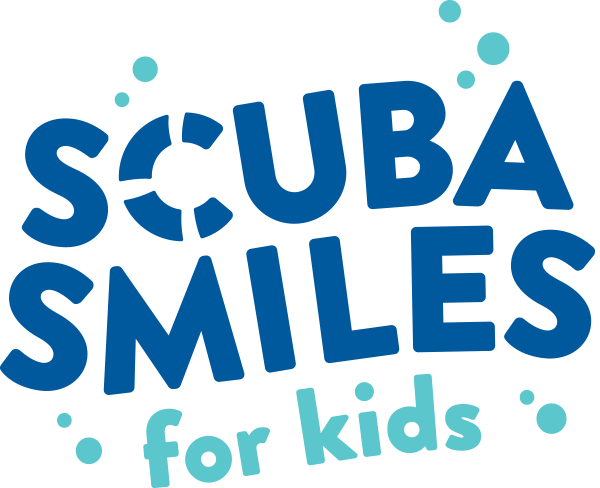Gum gets your mouth feeling minty fresh. But did you know that you can protect your teeth by putting a stick of gum in your mouth? TV commercials and magazine ads promote a message from gum manufacturers that chewing sugarless gum benefits your teeth. Chewing sugarless gum is promoted for its oral health benefits, such as stimulating saliva production, which helps prevent tooth decay and freshen breath. So, we’re going to break down exactly how this sticky stuff helps your oral health.
Benefits of Chewing Sugar-Free Gum
Chewing sugar-free gum offers a multitude of benefits for your oral health. One of the standout advantages is its ability to stimulate saliva production. Increased saliva flow helps to neutralize harmful acids in the mouth and aids in the remineralization of teeth, which can significantly reduce the risk of tooth decay and gum disease. Additionally, chewing sugar-free gum can help to strengthen tooth enamel, making your teeth more resistant to decay over time.
The American Dental Association (ADA) recommends chewing sugar-free gum for at least 20 minutes after meals. This practice can help prevent tooth decay by washing away food particles and bacteria. Moreover, sugar-free gum can reduce the risk of tooth sensitivity by promoting a healthy oral environment. By incorporating sugar-free gum into your daily routine, you can take a proactive step towards maintaining optimal oral health.
The Importance of Xylitol in Gum
Xylitol, a natural sweetener commonly found in sugar-free gum, plays a crucial role in promoting oral health. This remarkable ingredient has been shown to prevent tooth decay and reduce the presence of harmful bacteria in the mouth. Xylitol works by inhibiting the growth of Streptococcus mutans, the primary bacteria responsible for cavities. Additionally, it helps to neutralize acids and supports the remineralization of teeth, making it an essential component of sugar-free gum.
The ADA recommends choosing sugar-free gum that contains xylitol as a sweetener. This is because xylitol has been proven effective in preventing tooth decay and promoting a healthier oral environment. By opting for xylitol-containing gum, you can enhance your efforts to maintain good oral health.
Pick Sugarless Gum For Better Oral Health
Not every kind of chewing gum is good for you. It’s the sugarless stuff that can be beneficial. Sugarless gums often contain non-cavity causing sweeteners like xylitol, which help prevent tooth decay. One 40-month double-blind study showed that sugarless gum reduced cavities. You produce saliva when you chew and that helps wash away food or harmful bacteria.
“Sugarless gum is a great way to keep bad bacteria out of your mouth,” said Dr. Jason Kboudi, who leads the practice at . “If you can’t brush your teeth after a meal, sugarless gum can be a great way to help keep your mouth clean. However, we don’t recommend that you chew gum after dental work. Your don’t want to damage your crowns or have the gum pull out any fillings. Otherwise, we recommend gum in moderation. Excessive chewing can lead to jaw pain and the occasional failure of your temporomandibular joint (TMJ). Your TMJ is located on both sides of your head, right in front of your ear.”
Which Brand Of Chewing Gum Is Best?
The American Dental Association has a list of gums that carry its ADA Seal of approval. The seal is given to products which meet its standards of safety and effectiveness. The sugar free gums on the ADA list incorporate sweeteners that do not cause cavities. The ADA says to be wary of gum ads that tout the sweetener xylitol to fight tooth decay. According to research published by the Cochrane Library, researchers found little to no evidence of any benefit in tooth decay reduction after consuming products with xylitol.
Here’s the list of ADA approved gums:
- 5 Sugar Free Gum
- Bazooka Sugar Free Bubble Gum (Original and Blue Razz)
- Dentyne Ice Sugarless Gum
- Eclipse Sugarfree Gum
- Extra Sugarfree Gum
- Ice Breakers Ice Cubes
- Orbit Sugarfree gum
- Trident Sugarfree gum
Dr. Kboudi says while these options are a great way to reduce tooth decay, it’s not a replacement.
“Certain flavors of chewing gum taste like toothpaste and make your mouth feel fresher, but the benefits are limited. Gum will not reach the crevices of your mouth. Remember, there is no substitute for brushing and flossing your teeth,” said Dr. Kboudi.
The ADA has a fun, mini-quiz to test your knowledge on the benefits of chewing gum. You can take it here
Expert Opinions on Chewing Gum
The American Dental Association (ADA) endorses chewing sugar-free gum as a beneficial practice for maintaining good oral health. According to the ADA, sugar-free gum can stimulate saliva production, which helps to neutralize acids and remineralize teeth. This can be particularly helpful after meals when brushing might not be immediately possible.
When selecting a gum, the ADA advises looking for the ADA Seal of Acceptance. This seal indicates that the gum has been rigorously tested for safety and effectiveness. Dr. Jason Kboudi, a respected dentist, also recommends sugar-free gum as a useful tool in maintaining oral health. However, he emphasizes that chewing gum should not replace brushing and flossing, which are essential for comprehensive dental care.
By incorporating sugar-free gum into your oral hygiene routine, you can take an additional step towards maintaining optimal oral health. Just remember, while gum can be a helpful adjunct, it is not a substitute for the fundamental practices of brushing and flossing.
Frequently Asked Questions About Chewing Sugar-Free Gum
How does chewing sugar free gum help prevent tooth decay?
Chewing sugar free gum stimulates saliva production, which plays a key role in preventing tooth decay. Saliva helps neutralize acids in the mouth, wash away food particles, and support the remineralization of tooth enamel. According to the American Dental Association, chewing sugarless gum for 20 minutes after meals can significantly improve oral health.
What role does xylitol play in improving oral health?
Xylitol is a common sweetener in sugar free gum that helps reduce oral bacteria, particularly Streptococcus mutans, the bacteria responsible for cavities. By disrupting the bacteria’s ability to grow and stick to teeth, xylitol supports better oral health and reduces the risk of tooth decay. The American Dental Association recommends choosing chewing gum that contains xylitol for added benefits.
Can excessive gum chewing be harmful?
Yes, excessive gum chewing can cause jaw discomfort or lead to issues with the temporomandibular joint (TMJ). While chewing sugarless gum is beneficial for oral health, especially when brushing isn’t possible, it should be used in moderation. Overuse may lead to muscle fatigue or even dislodging of crowns or fillings after dental work.
Is chewing gum a replacement for brushing and flossing?
No, chewing gum is not a substitute for brushing and flossing. Sugar free gum can help freshen breath and reduce food particles and oral bacteria between meals, but it doesn’t clean the crevices of your teeth like brushing and flossing do. The American Dental Association emphasizes that while chewing gum supports oral health, it should only be used as a supplemental tool—not a replacement.
Which sugar free gums are recommended by the American Dental Association?
The American Dental Association provides a list of approved sugar free gums that meet its standards for safety and effectiveness. These include brands like Trident, Orbit, Extra, Eclipse, Dentyne Ice, Ice Breakers Ice Cubes, Bazooka, and 5 Sugar Free Gum. These products help reduce tooth decay and maintain strong tooth enamel when used properly as part of a balanced oral care routine.
Contact Us Today
Chewing sugar-free gum can be a simple yet effective way to support your oral health between meals. At Advanced Smile Care, we recommend incorporating ADA-approved sugar-free gum into your routine to help stimulate saliva production, neutralize acids, and reduce the risk of tooth decay. Sugar-free gum containing xylitol offers additional benefits by discouraging harmful bacteria from thriving in your mouth.
While gum is a convenient tool for maintaining oral hygiene on the go, it’s not a replacement for brushing and flossing. For comprehensive dental care and personalized advice, schedule a visit with our San Antonio general dentists today. Call (210)-366-3606 or visit our contact page.



